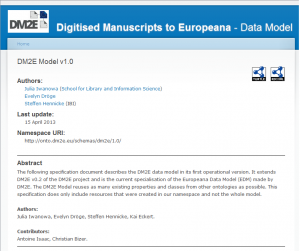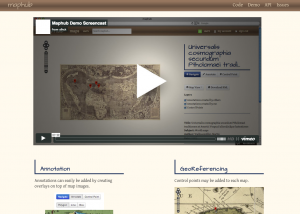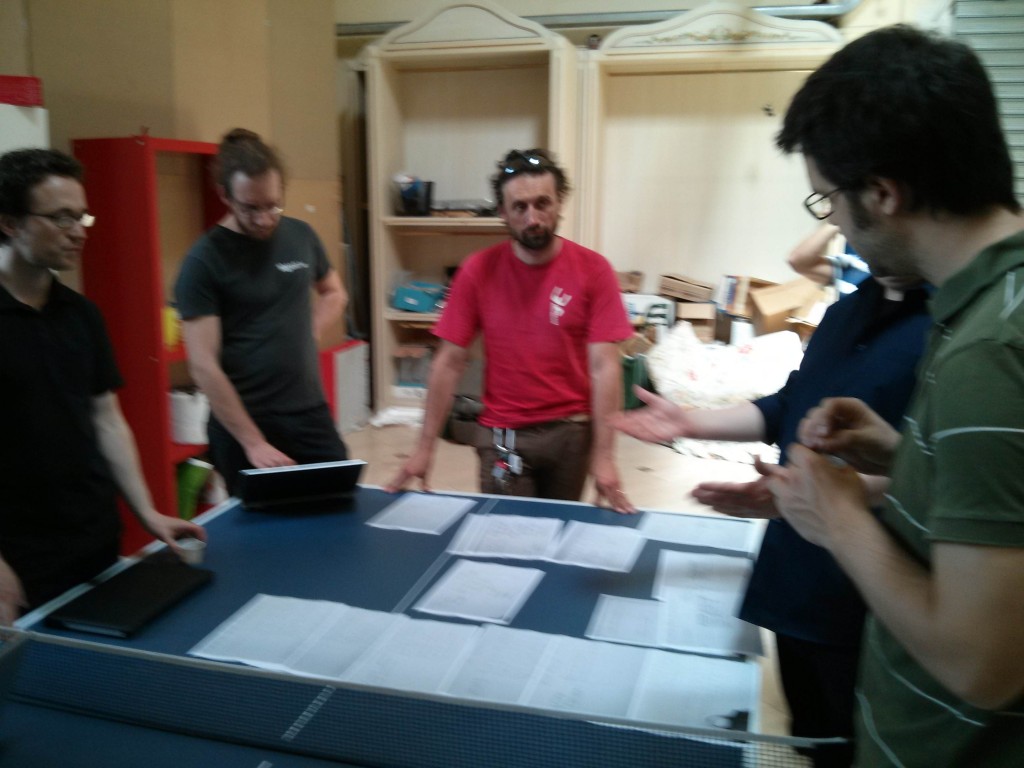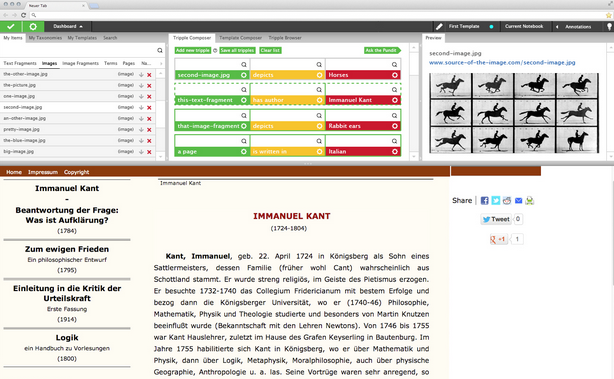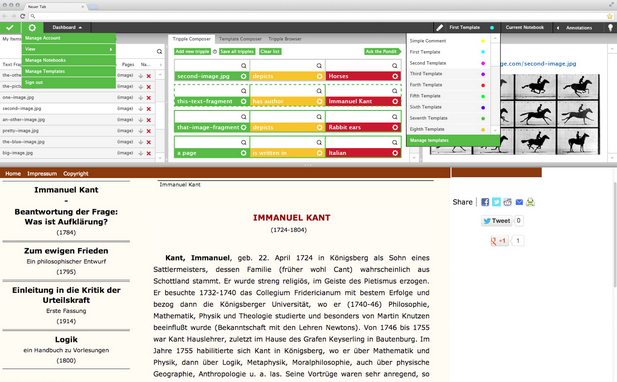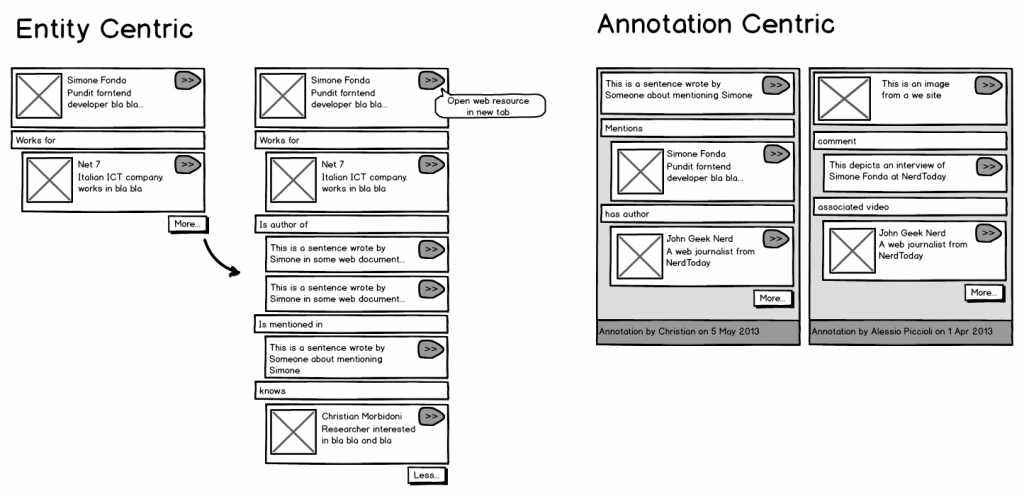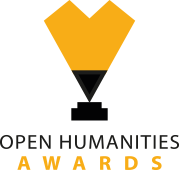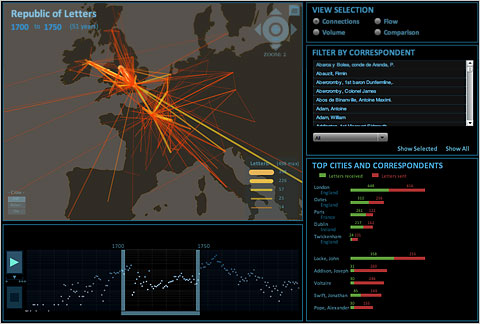*The following post was written by the Europeana Steering Group of Europeana Board member volunteers.*
**Fight for Europeana and Europeana Network and Projects future funding**
From 2015 onwards, Europeana’s funding is to come from the European Commission’s Connecting Europe Facility (CEF). However, in early February 2013, a massive budget cut for this scheme was proposed (see e.g. [http://euobserver.com/news/118998](http://euobserver.com/news/118998)), taking the budget for broadband and digital services from 9 billion euros to just 1 billion.
Europeana and the related projects many of you create and run cost currently 30 million euros per year. We will not get this amount but should fight for as much as we can to continue to develop and deliver real European added value to the citizens of Europe. We are in direct competition with other programmes in health, justice and safer internet, which were also relying on CEF. If we lose the funding, much of the hard work we have all put in will be wasted.
Many of you responded to our recent request to send letters about the cut in the CEF budget to your MEPs, to national contacts in Brussels and to your own government ministers. Europeana is now being asked to make its case for funding under the revised guidelines for CEF, which should be issued at the end of May.
Everyone; partners, projects, network members can help via the #AllezCulture campaign to win the hearts and minds of the politicians and policy makers and get across our messages about the importance of digitised, accessible culture for social, economic and unity reasons.
**What can you do now?**
1. Please use the leaflet** [‘Europeana – the case for funding’](http://pro.europeana.eu/documents/858566/0/AllezCulture+leaflet)** in anyway you can to promote our message. Translate, distribute, publish and blog the document or its messages to your network and contacts,
2. Tweet about the messages: **Europeana supports economic growth; Europeana connects Europe; Europeana makes Europe’s culture available to everyone** using our dedicated hashtag[#AllezCulture](https://twitter.com/search/realtime?q=%23AllezCulture&src=typd), **and** retweet our messages under** [#AllezCulture](http://bit.ly/17mnbL7)**.
This week we will launch the **#AllezCulture** Facebook Group, which will keep you up to date with the campaign and provide more ideas of further actions you can take to support us. And you can use it to keep us up to date with what you have done or by sending an email to[[email protected]](mailto:[email protected]) Knowing what you are doing means we can use your efforts to inspire others.
**Background & previous activity**
At the end of March, the European Commission requested a letter from the European Foundation be sent to Neelie Kroes outlining our proposals for funding under CEF. [Read our letter to Neelie Kroes](http://pro.europeana.eu/documents/900548/6e0bef93-491d-4bdd-8bb9-be06261d4d4c). Madam Kroes then requested a meeting with Europeana.
At the end of February, Bruno Racine also sent a letter of support to the Commission. [Read Bruno Racine’s letter](http://pro.europeana.eu/documents/900548/2e0aa1bb-f5ca-4166-86b3-504b7dc86c28).
So far, 31 Europeana Network Members from 17 different European countries have sent 200+ letters to national Members of the European Parliament, national contacts in Brussels and/or national governments.
Know your facts – read this [factsheet](http://pro.europeana.eu/documents/900548/c878ddbd-204e-4f70-b375-d80416f13f5b) detailing how Europeana will work under the CEF – this knowledge forms the basis for your arguments for supporting Europeana’s funding bid.
There is a Europeana Steering Group of Europeana Board member volunteers:
Ms Anne Bergman-Tahon, Federation of European Publishers
Mr Bruno Racine, BnF, Chair Europeana Foundation
Mr Daniel Teruggi, INA
Mr Jan Muller, FIAT/IFTA
Ms Kristiina Hormia, LIBER
Mr Nick Poole, Collections Trust, Chair Europeana Network
This Steering Group is responsible for providing the business case for funding within the next 6 weeks and for guiding the #AllezCulture campaign.



